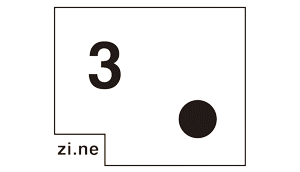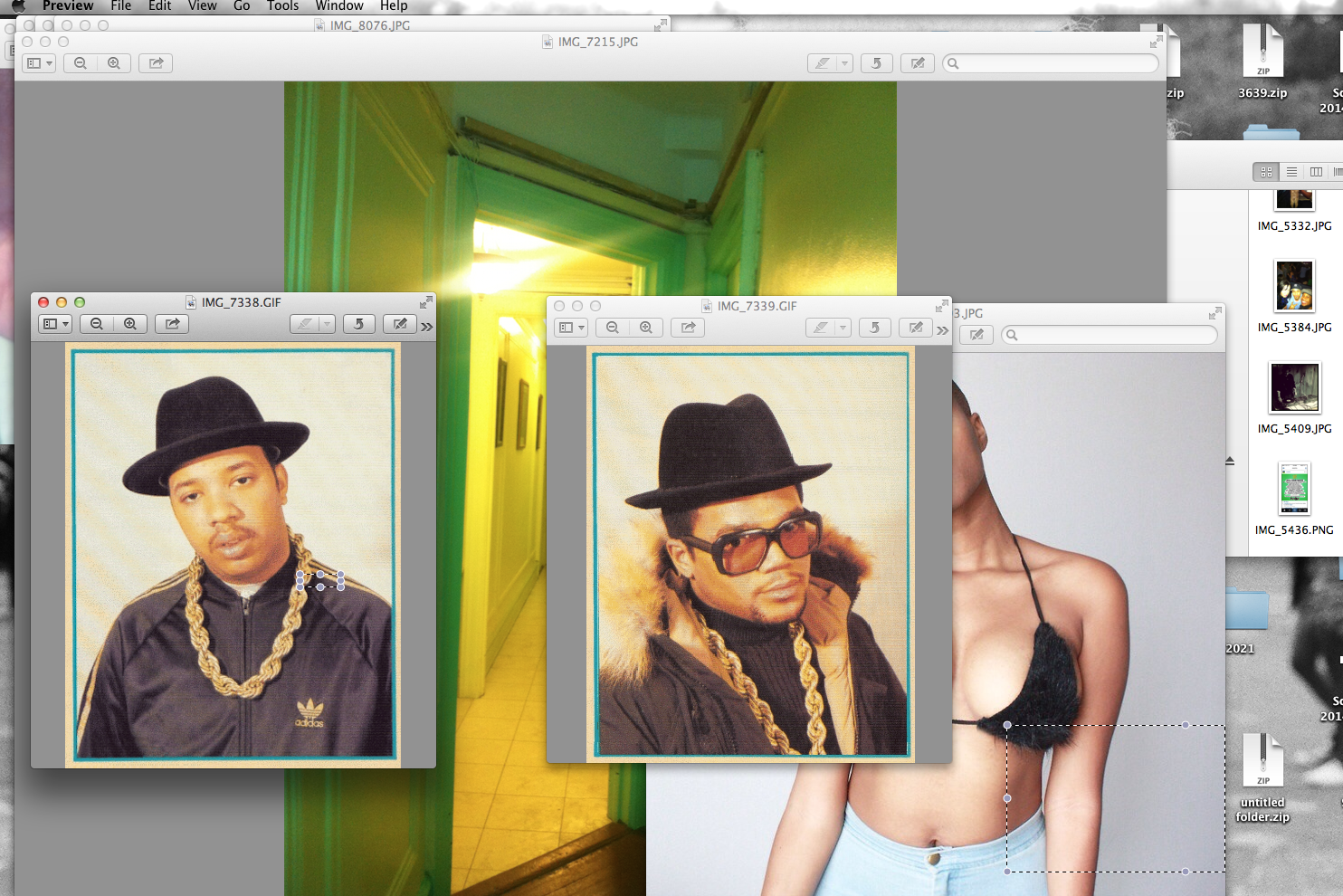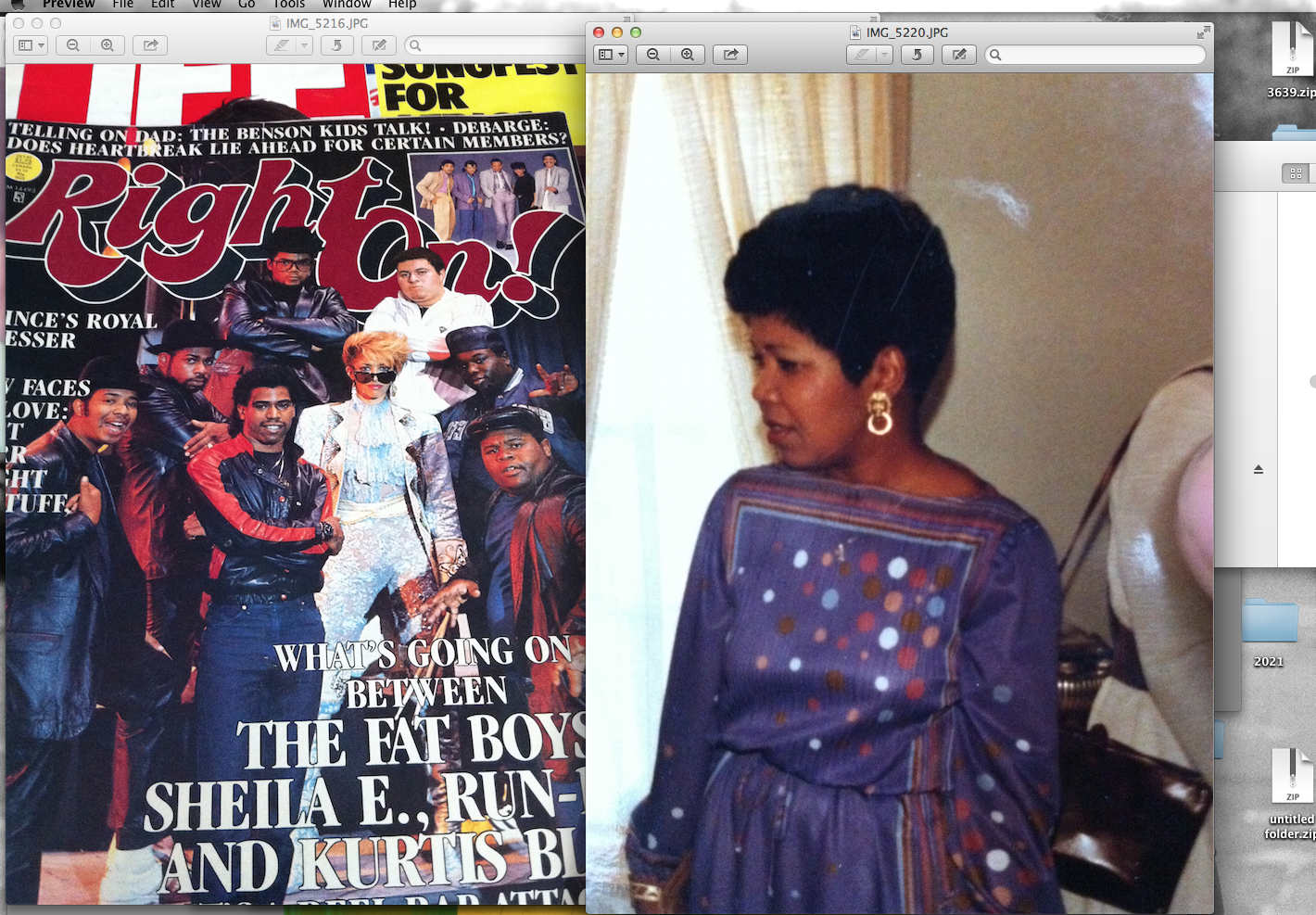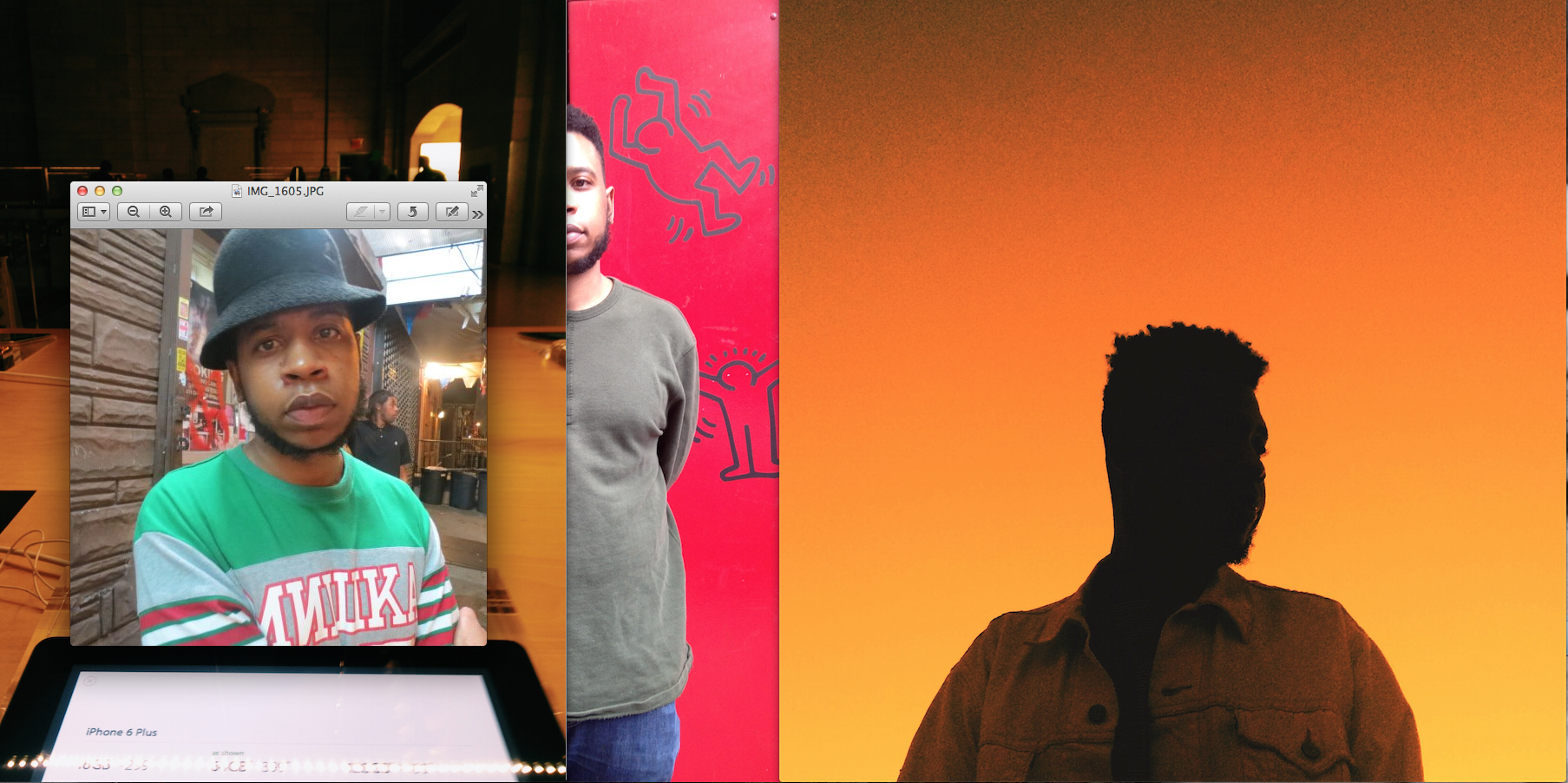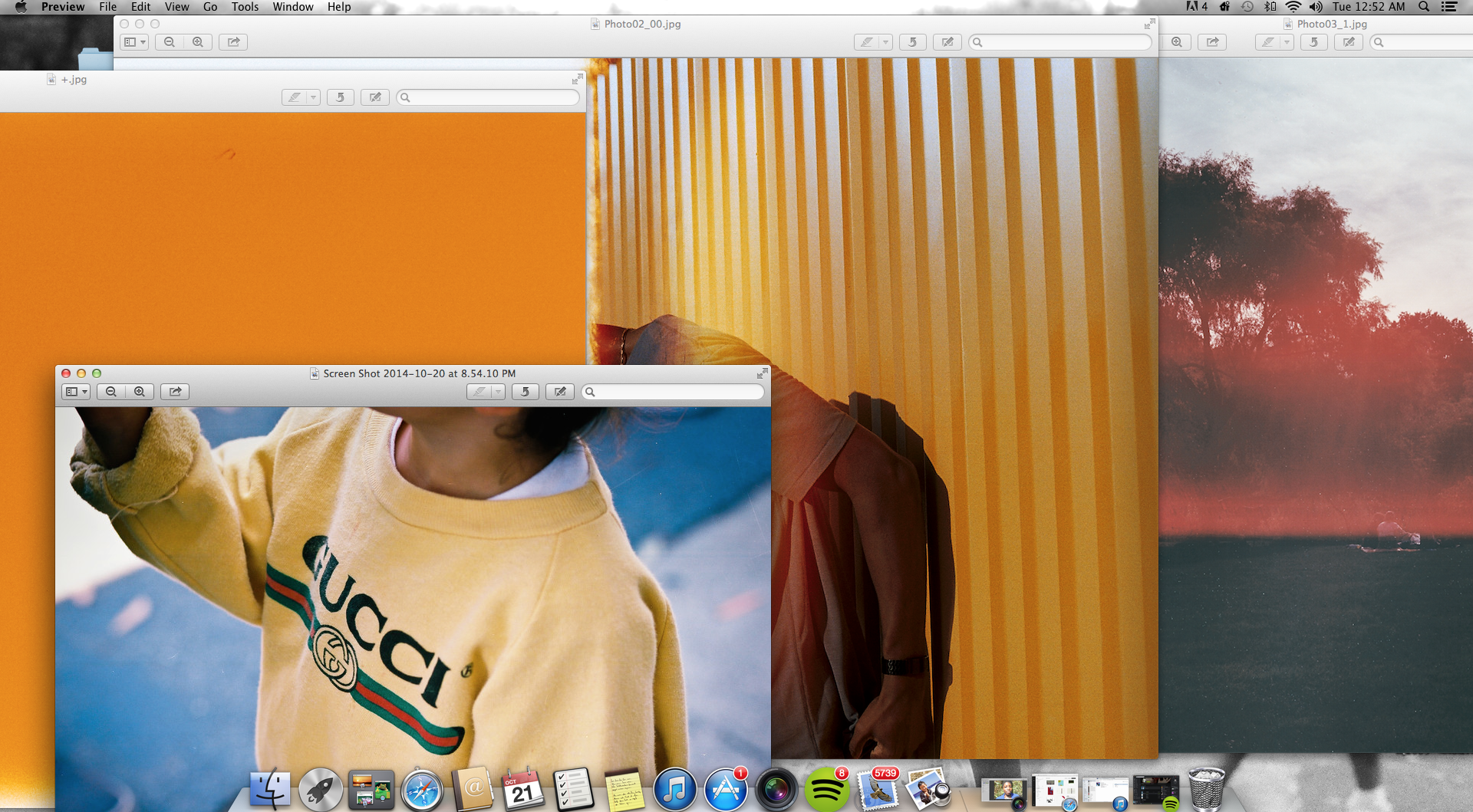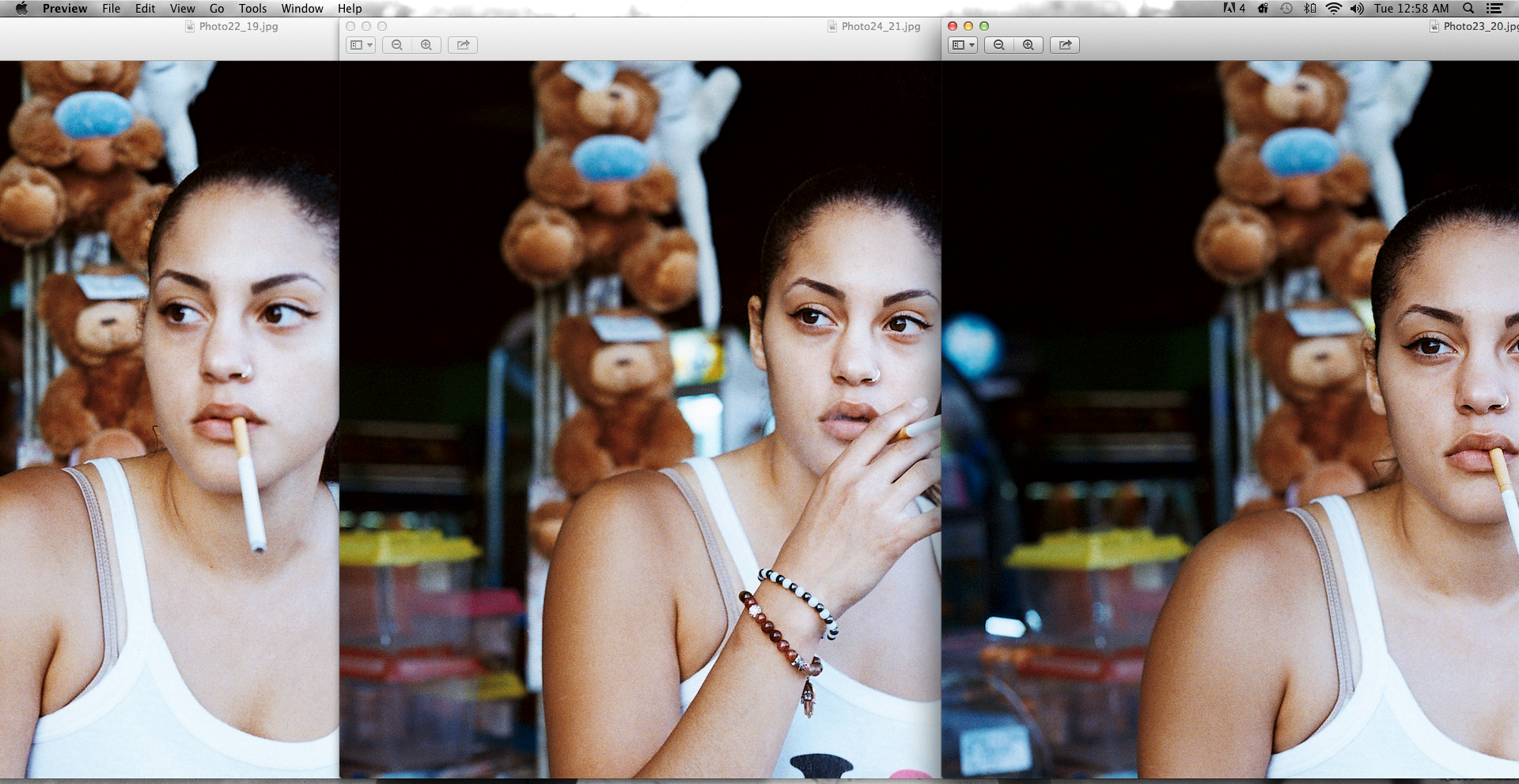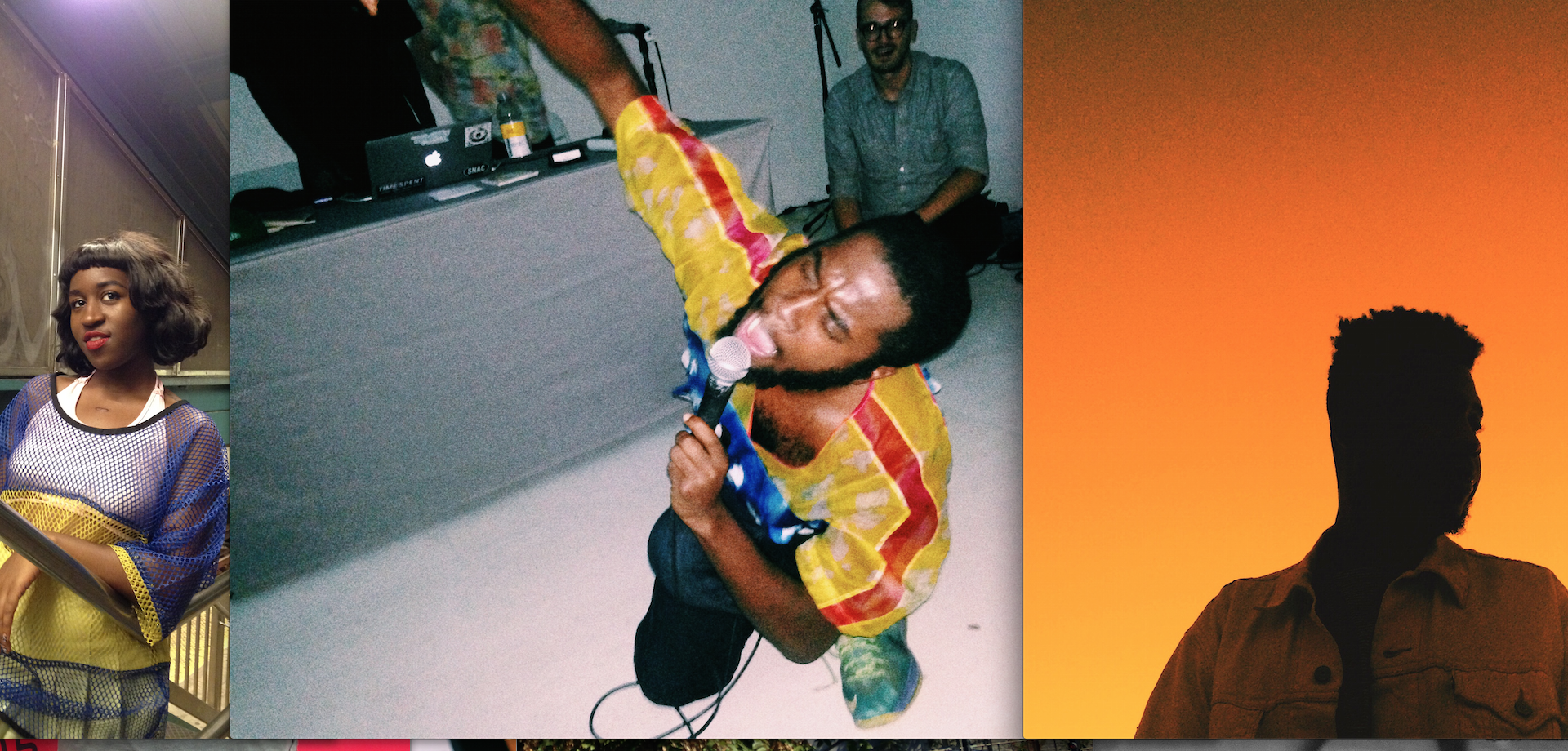Ryan Lyons 2015
Religion was a big part of how I was raised. Before my sister and I went to sleep our grandmother would come around in her robe and slippers and pray with us. Sometimes I would hear the drug dealers fussing with the junkies right outside of my window. Although Baltimore was around me I felt sheltered and out of contact with the real plight of the city. Often I found myself trying to debate other family members about my friends who weren’t lucky enough to have two parents around or anyone really. I was sensitive to anyone talking about the hood negatively. Sometimes I’d hear us call ourselves niggas. Sometimes I’d hear someone in my family call someone else a nigga as if it was something lower than us like they were beneath us.
Lète Stuffed by Devin Morris
I knew things were more complex than The Cosby Show I enjoyed watching. It’s not like you could swallow the entire black experience in a television show. We’d need more than one network to give that. Ebony and Jet magazines would fall into the mail slot in the vestibule on a random weekday. I’d watch Nana pick them up and place them on the counter. There was a Danny Simmons painting, a Stevie Wonder record, a Maya Angelou poem.
I felt conflicted from a really young age about my surroundings and if God was the answer to people’s problems. The problems I saw in a community surrounded by the harmful effects drugs and unemployment raised early questions about the bible and it’s validity. I asked the pastor curious questions at church like, “How come there’s no dinosaurs in the bible?” I listened deeply to sermons and I enjoyed the metaphors within them or how a pastor would link life together with parables in the bible.
There was a Methodist church around the corner from Nana’s where we spent a lot of time outside of school. Our grandparents were heavily involved in the church. I was involved in everything from the akalite service, confirmation, to bible study. Sometimes I’d skip the sermon when I figured I grabbed enough from what the pastor was saying and I’d go the the corner store. My friends and I would grab our favorite meals with our pocket change. Still to this day I still remember the first time I tasted an onion pickle and the first time I mixed the heavenly combination of Doritos and a big honey bun.
Around 7 I remember music struck a chord with me in a similar way that a sermon did. Songs like Jazzy Jeff and Fresh Prince’s “Summertime”, Anita Baker’s “Sweet Love”, Biggie’s “Juicy” and Lauryn Hill’s "Miseducation" record all stand out. I was enamored by the music of Baltimore's mix DJ’s in my mother’s car and how they’d bring the past and the present together in a set. I’d listen while looking around at all the dilapidated buildings in the city. The same could be said for my father’s car. He’d talk while the pulsing rhythms of Baltimore and Chicago House music were vibrating our rides.
Outside of church, I spent a lot of time around the house just listening to these records that my family had around. Listening to music, particularly Hip Hop, helped me visualize a world of voices around me from truths that that mirrored mine as a young black person in America. It felt even more raw and potent that the sermons I heard and there was more about confronting truth.
I don’t even know what my new magazine, Léte’s true point of inspiration is, but if I had to take a guess it’s right around my awareness of somewhere in between the church and the corner store. As an adult I’m a photographer and a writer merely looking to confront as much truth in between those places as possible. I’m obsessed with trying to describe my generation and link how the past connects to today in new ways. Hip Hop is my favorite link in the African American diaspora because it’s not afraid. There’s rebellion, insecurity, authority, and history all in one place. It’s poetry.
Léte is pronounced as 'late', and it’s slightly based around the concept of time and how we view culture from an overall perspective. I really want our writers and photographers to make Léte their own through the vision I’ve already set. Hopefully in one year’s time Léte stretches it’s arms to a print based magazine with a string of places to buy it. The goal is a print publication with a coffee book type of appeal. I want to show Hip Hop in a capsule. Almost as if you took Hip Hop, the neighborhood, our generation, and put it in a book in you grandmother’s living room for the family to read.
screeenshots of Lyon's photography and inspirations for Léte Mag
Léte Stuffed collage by Devin Morris
